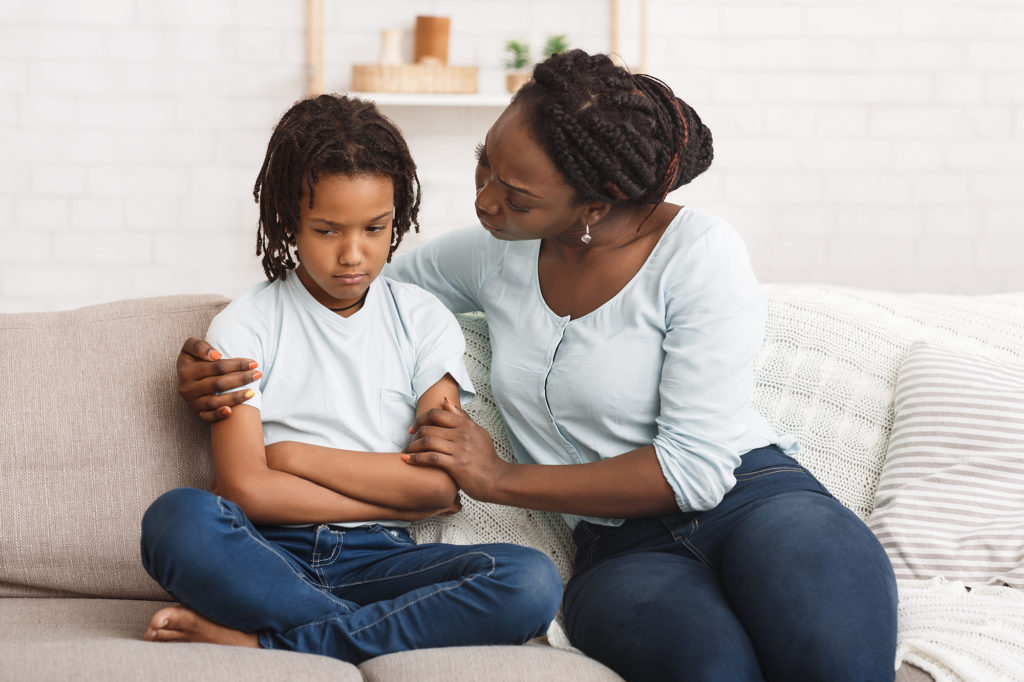What Does Consent Look Like For Children?

Have you ever tried taking a child from their parent’s arms or hugging your niece who’s grown so much since you last saw her and they blatantly refused? I wonder what you did next, did you go ahead and forcefully take them from their parent’s arms as they cried in protest or did you respect their choice?
Today’s piece is largely inspired by an episode of Ubongo Kids that tackled consent. Yes, consent does not only apply to adults, but to children as well and it’s never too early to start talking to kiddos about consent because they also have emotions and opinions.
So What Exactly is Consent?
Consent is the permission given for something to happen or agreement to do something. Respecting a person’s own boundaries as well as the boundaries of others.
Consent largely involves communication and respect.
It could be verbal or non-verbal.
And most importantly, consent does change from time to time. One moment toto might refuse to give you a hug and before you know it, they are running to your arms.
Why is it important to teach children about consent?
First, it helps kiddos understand that their emotions are valid. In addition, children from a young age need to also understand that they have the ability to make decisions especially those concerning their bodies.
So next time instead of telling toto to give aunty or uncle a hug, you could ASK THEM whether they would like to give a hug. And most importantly respect their response, however unexpected it may be.
Secondly, helping toto understand what consent is means they will respect other people’s boundaries and especially their peers’ and that way, the next time they are playing and their friend asks them to stop doing something or starts stepping back (consent could be verbal or non-verbal) they will do just that!
Consent also largely involves encouraging your child to speak up when something feels off and even more important, BELIEVING them when they do. And why does this matter, you may ask. Because it helps build trust between you and toto.
These are crucial conversations that we need to start having with children. And just like it was played out in Ubongo Kids where Kiduchu was rightfully upset at her friends and strangers who constantly touched her hair without her permission, and Nuru was feeling violated because strangers were randomly pushing his wheel-chair across the road without asking him and Amani was agitated by people who were always touching her skin; children have rights and boundaries that need to be respected.
How do you teach your kiddos about consent?
